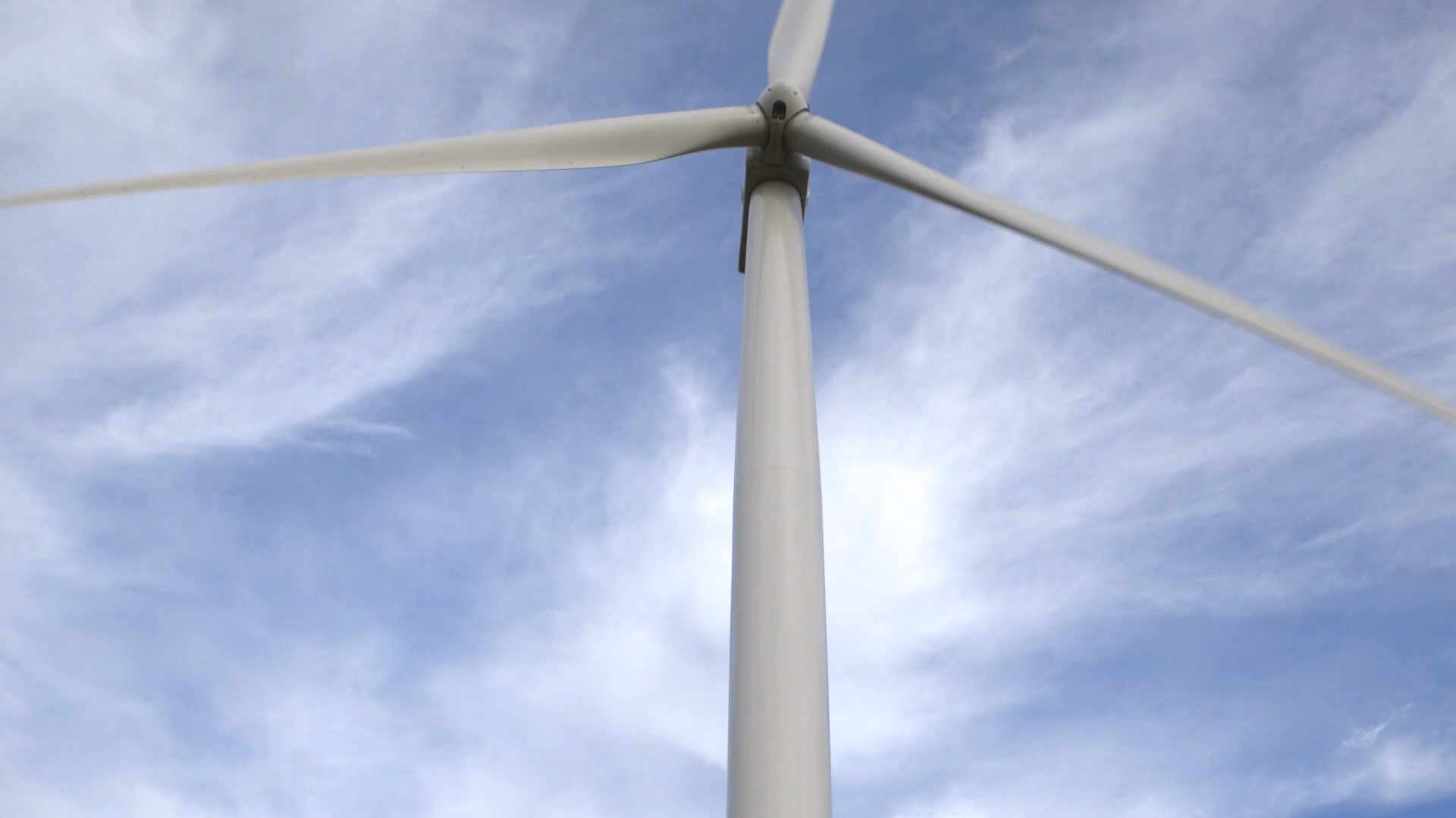
The number of Scottish companies, communities, farms and landowners making their own electricity is rising.
Since last year, 52% of people have invested in wind, hydro and solar systems. Smartest Energy says it's been prompted by rising energy costs.
It's estimated £271 million worth of electricity is generated in Scotland per year, that's enough to power more than 1.4 million homes.
Iain Robertson, Glasgow-based Head of Generation for SmartestEnergy, said the latest figures highlighted how significant the independent generation sector now was for Scotland.
He said: “That fact that over £1.5 million was invested every week last year also demonstrates the resilience of the sector against a backdrop of political uncertainty, changes to renewable subsidies and the fall seen in wholesale power prices.”
An estimated £80.9 million was spent developing 267 new wind, hydro, solar and anaerobic digestion projects in 2014, taking the total spend to just over £494 million, according to the Energy Entrepreneurs 2015 report.
Stephanie Clark, Policy Manager at industry body Scottish Renewables, said: “This report shows quite clearly that there is a growing willingness to consider renewable technology as a way to fix energy bills rather than exposing a business or community to fluctuations in the wholesale cost of fossil fuel energy supplied from the grid.”
The number of solar sites north of the border almost doubled during the year with 15 new projects taking the total number up to 32, while anaerobic digestion projects, which can turn waste food into electricity, also saw strong growth with five new sites taking total numbers up to 12.
Across Great Britain, the report shows that the total invested in the sector has now risen to almost £2.1 billion, with over 4,460 commercial-scale sites of at least 50kW capacity now in operation.
The projects generate an estimated £1.08 billion in wholesale energy a year, enough to power 5.7 million homes or meet all of the public sector's power needs.
Since the first report in 2013, the amount invested in the sector has risen by 75%, project numbers have more than doubled and their share of total UK generation risen by more than 50% to stand at over 7%.


 9°C
9°C
 10°C
10°C